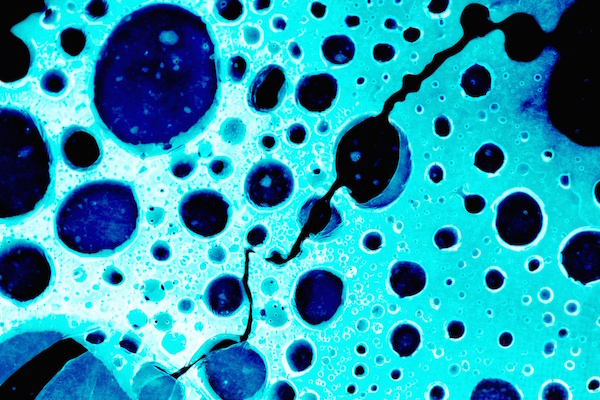
WEDNESDAY, Aug. 24 (HealthDay News) — Since 2010, the number of drugs either in short supply or not available at all has risen dramatically, according to the U.S. Food and Drug Administration.
Most of these are generic drugs given by injection and used in hospitals to treat serious conditions such as breast and testicular cancer. These shortages are putting patients at risk and compromising their care, experts say.
“FDA has been monitoring shortages for the last six years, and in 2010 we saw a large spike in shortages, which was a large jump from the year before,” said Valerie Jensen, associate director of the Drug Shortage Program in FDA’s Center for Drug Evaluation and Research. “That’s what we are continuing to see in 2011. We are still seeing these large numbers of injectable drug shortages.”
Dr. Richard Schilsky, past president of the American Society of Clinical Oncology, said “this is very serious, particularly the shortage of cancer drugs.”
“Patients are being called everyday by their oncologist being told that they have to delay their treatment because the drug isn’t available,” Schilsky noted. “We have had to set priority lists of which patients are going to get treatment, because we don’t always have an adequate drug supply. And it varies week-to-week; sometimes day-to-day.”
There are several reasons for these ongoing shortages, Jensen said. Most are due to problems in manufacturing, ranging from contamination to late delivery of raw materials. Other problems include misprints in the drug’s label or packaging and increased demand, she said.
Some people believe the FDA is causing part of the problem by not quickly inspecting plants to allow them to start producing the drug again, but Jensen challenged that notion.
“If the company is having a quality issue, the company doesn’t have to wait for an FDA inspection to restart the manufacture,” Jensen explained. The agency attempts to work with the companies to get drugs back into the market or tries to locate other sources for these drugs, she added.
However, Jensen noted that since most of these drugs are generic, companies don’t make much money on them and may, in some cases, opt to discontinue them.
Joseph M. Hill, director of federal legislative affairs at the American Society of Health-System Pharmacists, said that, “from our members’ perspective, it is kind of a crisis.”
“We are seeing a shortage of critical drugs in the areas of cancer therapy, pain medications, including anesthetics, and some nutritional products. Some of these are products that people cannot do without,” he said.
Another reason for the shortages, may be that companies are using them to increase prices, Dr. Otis Brawley, chief medical officer at the American Cancer Society, said.
“There is a pattern here. The drugs for which there is a shortage are the generic drugs, where the ability to make money is not as great,” he said. “If the drug is off the market, they can reprice it.”
While many of these delays are due to real manufacturing problems, “there are instances where I am certain that manufacture was stopped because they wanted to raise the price,” Brawley said.
However, David Belian, a spokesman for the Generic Pharmaceutical Association, said that companies are not taking drugs off the market to raise prices.
“Shortages have been caused by everything from an insufficient supply of available raw materials to meet demand, to inadequate and delayed communications about shortages, both within the supply chain and also within and among the FDA’s enforcement and drug shortages personnel,” he said.
“FDA enforcement actions that delay or deter the production of certain products have also had an impact, as have changes in clinical practices that have altered volume production and use, as well as wholesaler stockpiling of critical medications,” Belian said.
There are about a dozen commonly used cancer drugs that have been in and out of short supply for a year, Schilsky said. These include Doxil (doxorubicin), which is made exclusively by Janssen Products LP and used off-label to treat breast cancer.
“For some drugs there may be alternatives, but for some diseases there are not good substitutes,” Schilsky said. “Some of these drugs are lifesaving drugs for patients. There is the potential that this could result in bad outcomes.”
Another example of a drug that is in short supply is the leukemia drug cytarabine, where three makers of the drug are all experiencing delays.
“This is one of the bedrock treatments for acute leukemia and there is no suitable substitute for that,” Schilsky said. “Patients with leukemia are patients who can’t wait, they need treatment and they need it now.”
Another chemotherapy drug, cisplatin, which is essential in the treatment of testicular cancer, is also in short supply. While the drug can be substituted in some disease, for testicular cancer it is the “curative therapy and the best possible therapy,” Schilsky said. “Patients’ lives are on the line here.”
More information
For more information on drug shortages, visit the U.S. Food and Drug Administration.

